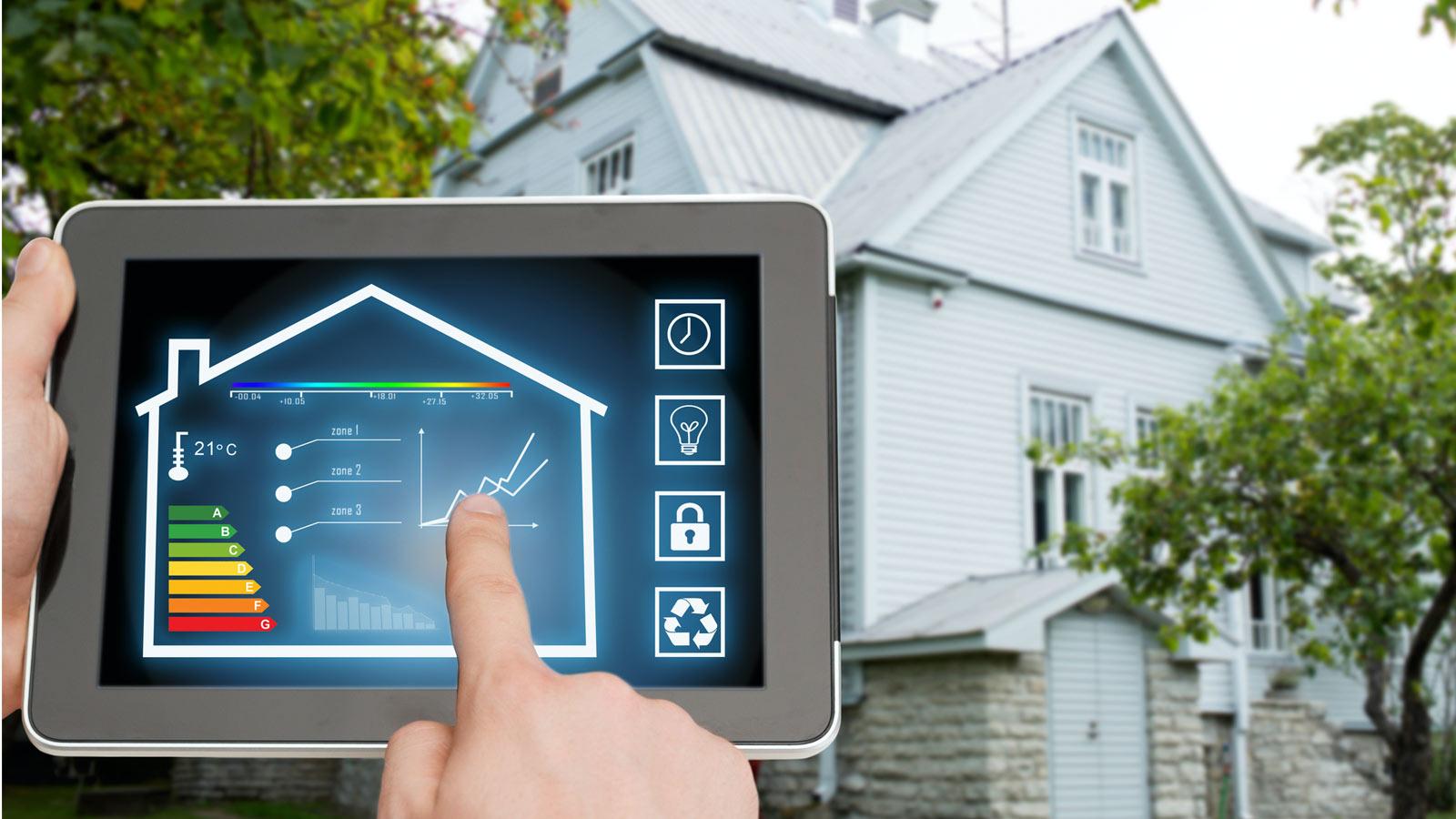Smart Home Market: Uncovering Opportunities for Innovation and Growth

The smart home market is rapidly evolving, transforming the way people interact with their living spaces. As technology advances and consumer preferences shift, numerous opportunities arise for businesses in this burgeoning industry. This article explores the key market opportunities within the smart home sector, focusing on consumer trends, technological advancements, and the growing demand for sustainability.
Shifting Consumer Preferences
One of the most significant drivers of growth in the smart home market is the changing mindset of consumers. Modern homeowners are increasingly seeking convenience, security, and efficiency in their daily lives. The desire for enhanced lifestyle experiences is leading consumers to adopt smart devices that can automate tasks, provide real-time information, and improve overall quality of life.
Smart home technology is no longer viewed as a luxury; it has become an expectation for many. The rise of mobile applications and voice-controlled devices has made smart technology accessible and user-friendly. This shift has opened the door for innovative solutions that cater to different demographics, including millennials who prioritize connectivity and older adults who value safety and assistance.
Integration of Smart Devices
The integration of various smart devices into a cohesive ecosystem presents a wealth of opportunities for companies. Consumers are looking for systems that communicate seamlessly with one another, enabling them to control lighting, heating, security, and entertainment from a single platform. This demand for interoperability is leading to collaborations between device manufacturers, software developers, and service providers.
The expansion of Internet of Things (IoT) technology has further fueled this integration trend. As more devices become connected, the potential for creating smart homes that adapt to user preferences grows. Businesses that can offer comprehensive solutions that enhance user experience through integration stand to gain a significant competitive edge.
Enhanced Security Solutions
Home security remains a top priority for consumers, and the demand for advanced security solutions continues to rise. Smart security systems, including cameras, alarms, and doorbell systems, are gaining traction as they provide real-time monitoring and remote access capabilities. The increasing concern over burglary and property safety drives homeowners to invest in smart security technologies.
Innovative features such as facial recognition, motion detection, and automated alerts enhance security systems, making them more appealing. Companies that develop robust, user-friendly security solutions that can be easily integrated with other smart home devices can tap into a lucrative market segment.
Energy Efficiency and Sustainability
As awareness of environmental issues grows, consumers are increasingly drawn to energy-efficient solutions. Smart home technology offers a pathway to reduce energy consumption, lower utility bills, and minimize carbon footprints. Devices such as smart thermostats, energy-efficient lighting, and automated blinds can help homeowners optimize their energy usage.
The potential for sustainability extends beyond individual devices. Businesses can develop platforms that provide insights into energy consumption patterns, helping users make informed decisions about their usage. Companies that position themselves as leaders in sustainability and energy efficiency can attract environmentally conscious consumers and stand out in a crowded market.
Health and Wellness Integration
The focus on health and wellness is becoming a significant trend in the smart home market. Devices that promote a healthy lifestyle, such as smart air purifiers, fitness trackers, and sleep monitors, are increasingly popular. The COVID-19 pandemic has heightened awareness around health, leading consumers to invest in technology that can enhance their well-being.
Integrating health-focused features into smart home systems can provide valuable insights into daily habits, helping users make lifestyle changes that contribute to better health. Businesses that prioritize wellness in their product offerings can tap into a growing segment of health-conscious consumers.
Customization and Personalization
Customization is a key opportunity within the smart home market. Consumers want solutions tailored to their specific needs and preferences. This demand for personalization extends to aesthetics, functionality, and automation levels. Companies that offer customizable smart home systems allow users to create environments that reflect their lifestyles and enhance comfort.
Advancements in artificial intelligence enable smart systems to learn user habits and preferences over time. This capability allows for further personalization, making systems more intuitive and user-friendly. Businesses that leverage AI to create tailored experiences are well-positioned to attract and retain customers.
Expanding Market Reach
The smart home market is not limited to urban areas; there are significant opportunities in suburban and rural markets as well. As technology becomes more affordable and accessible, consumers in these regions are beginning to adopt smart home solutions. Companies that target these underserved markets with tailored marketing strategies and appropriate product offerings can expand their customer base.
International markets present additional growth opportunities. Emerging economies are increasingly adopting smart technologies, driven by rising disposable incomes and urbanization. Businesses that can navigate cultural differences and regulatory environments in these regions can establish a strong foothold in the global market.
- Art
- Causes
- Crafts
- Dance
- Drinks
- Film
- Fitness
- Food
- Games
- Gardening
- Health
- Home
- Literature
- Music
- Networking
- Other
- Party
- Religion
- Shopping
- Sports
- Theater
- Wellness


